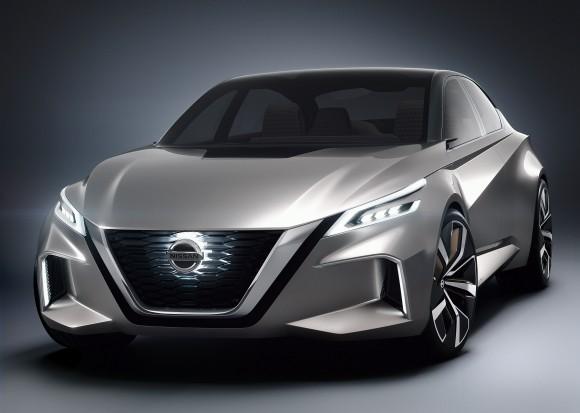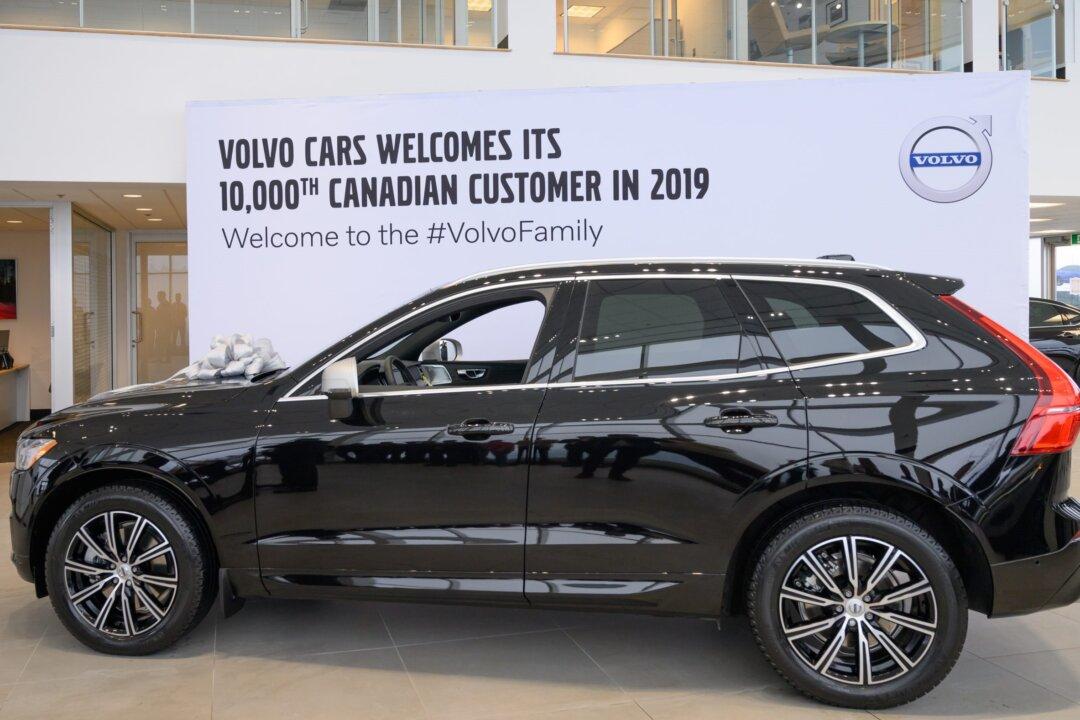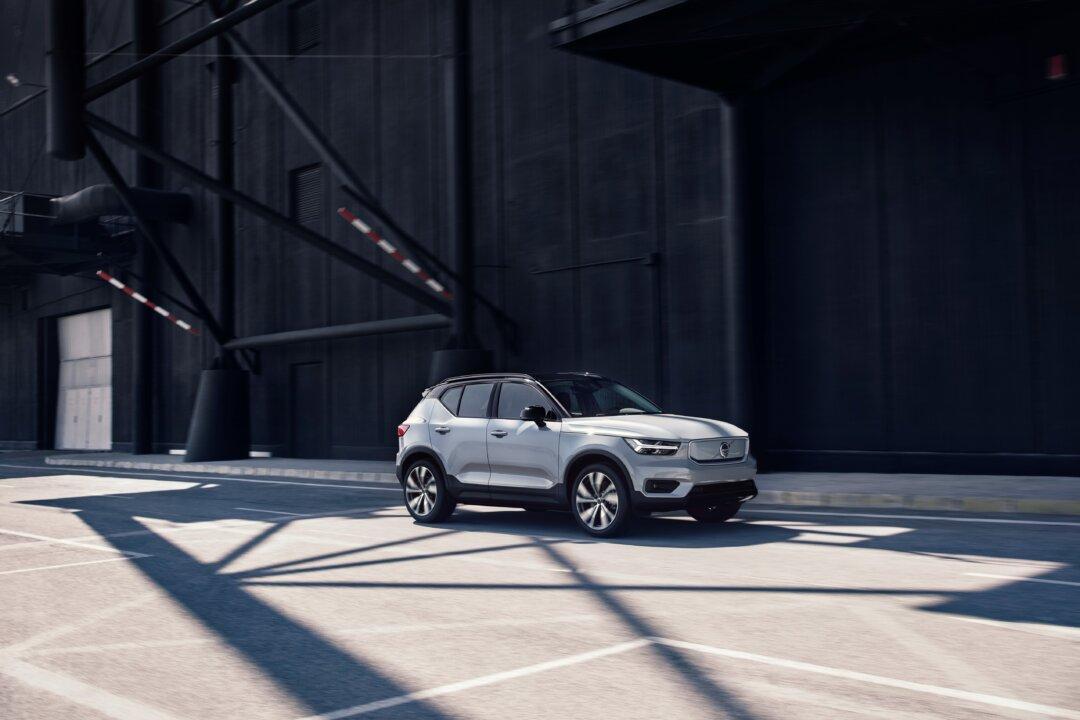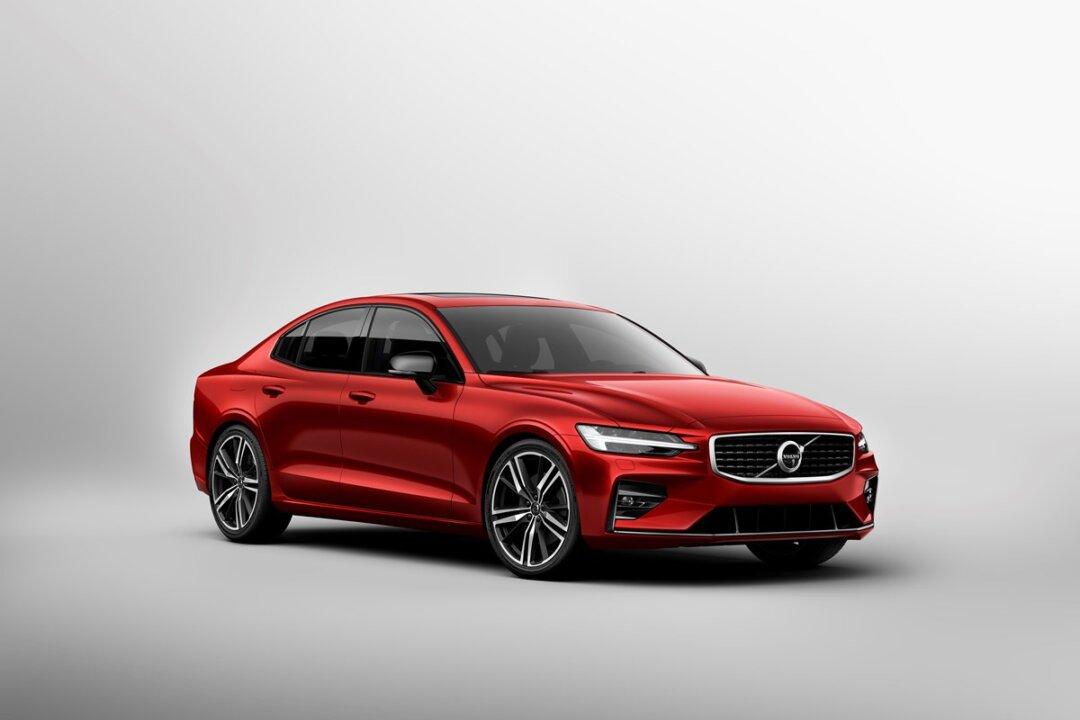Here’s a fun fact that may surprise: Nissan, is considered the sixth largest automaker by volume in the world after Toyota, General Motors, Volkswagen Group, Hyundai Motor Group, and Ford.
In fact, since 1999, Nissan has been part of the Renault–Nissan Alliance, a partnership between Nissan and French automaker Renault. As of 2013, Renault holds a 43.4 percent voting stake in Nissan, while Nissan holds a 15 percent non-voting stake in Renault. Combine the resources of both Renault and Nissan, this European-Asian alliance has produced the world’s fourth largest automaker. And here’s a further fact for trivia buffs—Nissan is the leading Japanese brand in China, Russia, and Mexico.
Furthermore, Nissan is the world’s largest electric vehicle (EV) manufacturer, with global sales of more than 275,000 all-electric vehicles as of December 2016. The top-selling vehicle of the carmaker’s lineup is some might say, the quirky, odd-looking Nissan Leaf, an all-electric car and the world’s top-selling highway-capable plug-in electric car in history-to-date.





